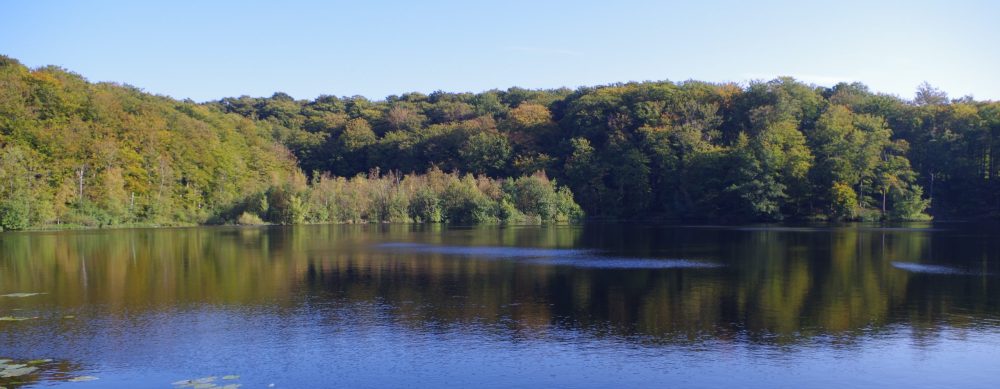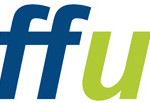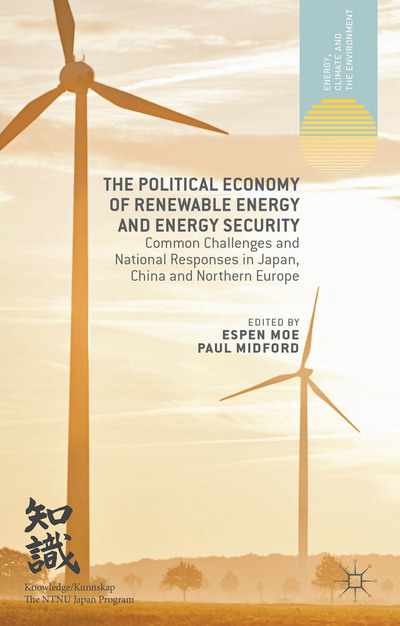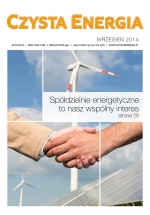The conference is going to take place in the Polish Parliament (Sejm) on 17 June. The title of my presentation is: “Germany’s Scenario and Prepartion in Case of Global Energy Crisis” (in Polish: “Scenariusz i przygotowania Niemiec na wypadek (globalnego) kryzysu energetycznego”).
It is organized by the Environmental Assiociation EKO-UNIA (Stowarzyszenie Ekologiczne EKO-UNIA), Nationawide Coalition “Development YES – Open-cast Mining NO†(Ogolnopolska Koalicja “Rozwoj TAK – Odkrywki NIE”) and Anna Grodzka, Member of the Polish Parliament from the Green Party.
Description of the conference at the organizers’ website:
Celem konferencji jest przeanalizowanie skali zagrozenia wynikajacego z prognozowanego przez wielu naukowcow zalamania sie globalnego bezpieczenstwa dostaw energii. Wiaze sie to z wyczerpywaniem sie zasobow paliw kopalnych, na jakich oparta jest glownie dotychczasowa gospodarka Polski i wiekszosci krajow. Dennis Meadows, swiatowej slawy naukowiec, autor raportu Klubu Rzymskiego (Granice wzrostu, 1972) ostrzega, ze juz przed rokiem 2020 mozna sie spodziewac wyczerpania strategicznych paliw kopalnych, gospodarczego upadku i rozpoczecia gwaltownej redukcji populacji.
Zasadniczym celem konferencji jest podkreslenie wagi polityki energetycznej kraju dla strategii bezpieczenstwa narodowego, z mysla o terazniejszych i przyszlych pokoleniach.
Here is more information about the conference.
Here you may watch the press conference that too place before the conference.
Here you may watch the video taken at the conference and the panel discussion.



